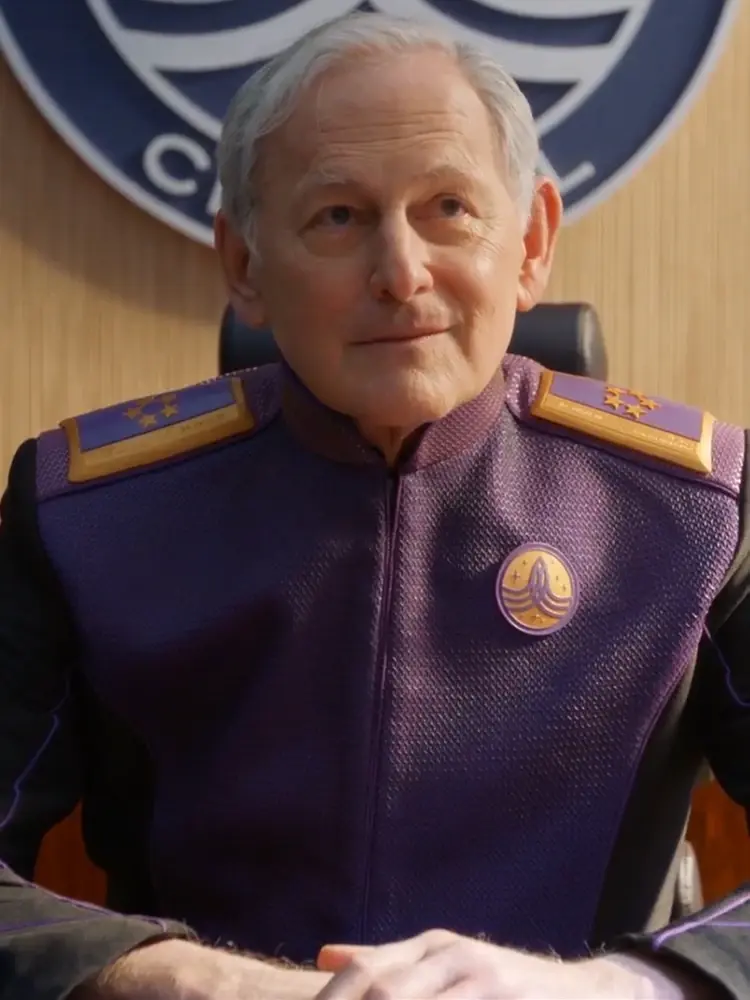Admirals in The Orville are much better than Star Trek admirals.
Admirals in The Orville are much better than Star Trek admirals.


I finished watching The Orville, it was a masterpiece from the hands of Seth Macfarlane.
Here, they showed some exchange between admirals and the main ensemble cast quite often, but watching these certain scenes made me compare them to Star Trek admirals. I personally think all admirals in The Orville are great captains who got promoted to the rank of admiral as opposed to Star Trek admirals who are just dumb politicians where our main cast captains keep dealing with their nonsense.
Of course, there are a few reasonable and competent admirals we've seen throughout the franchise, but most of them I've seen reflect real-world politicians that never even had sat on a captain's seat.